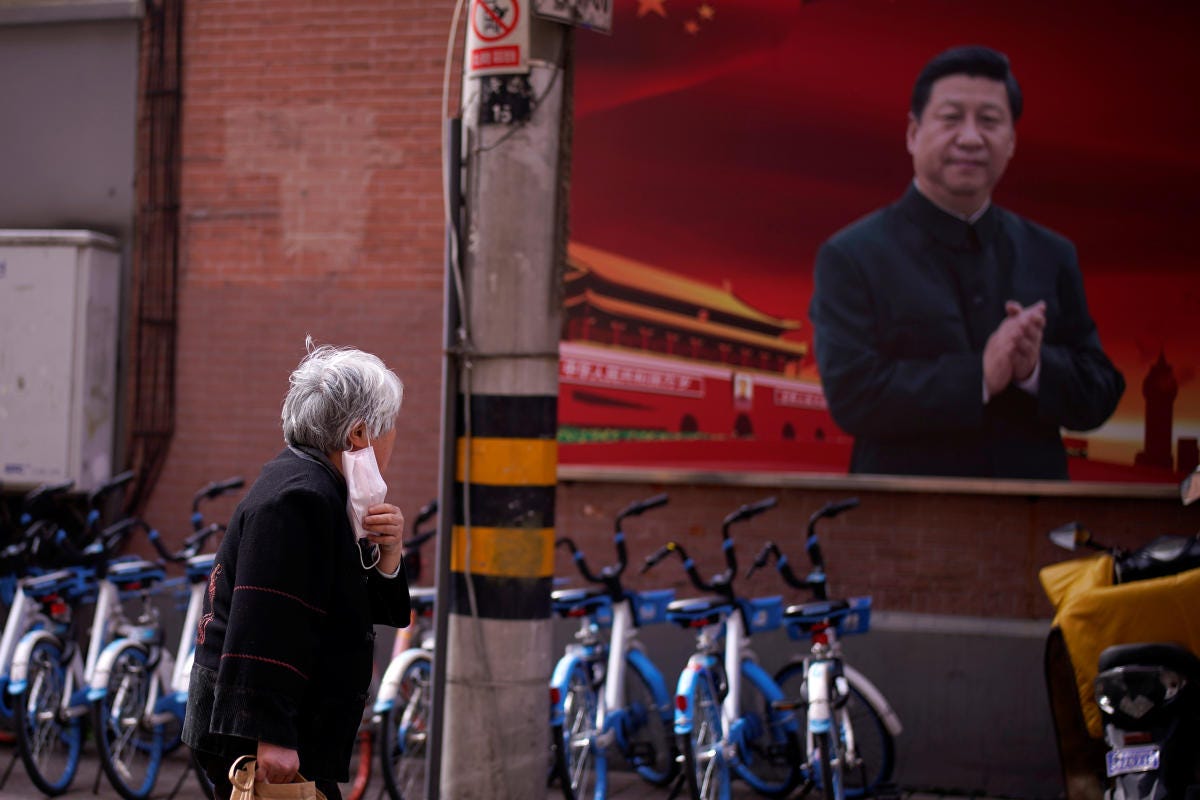
By: Murray Hunter
Australia has been hit by crises over the past 18 months that raise public policy concerns and questions. They include severe drought, bushfires that threatened the very fringes of major population centers, the Covid-19 pandemic, which has shut international and domestic borders and a trade spat with China, all of which have caused substantial economic damage. In addition, there is growing Chinese infiltration into Australia’s political, business and social institutions, Chinese assertiveness on the South China Sea, and a decline of US influence within the Indo-Pacific hemisphere.
In particular, the extent of Chinese influence on both sides of the Australian political fence as well as in universities, domestic media, the Chinese diaspora, local government and aggressive ‘wolf warrior’ diplomacy on the part of China, are of major concern. The Australian polity has for far too long been entangled with Chinese instruments of influence, which rendered the executive government largely unable to respond.
Only after numerous media exposes of Chinese influence within Australian society, with the latest being the ‘Thousand Talents Plan’ to source technology and lure expertise for the benefit of China, has this been taken as a real threat to Australia’s national interest. After months of media criticism, the Morrison-led Liberal government has finally announced that it is seeking legislative measures to block Labor Victorian premier Daniel Andrews’ Belt and Road Initiative agreement with China, signed almost two years ago.


